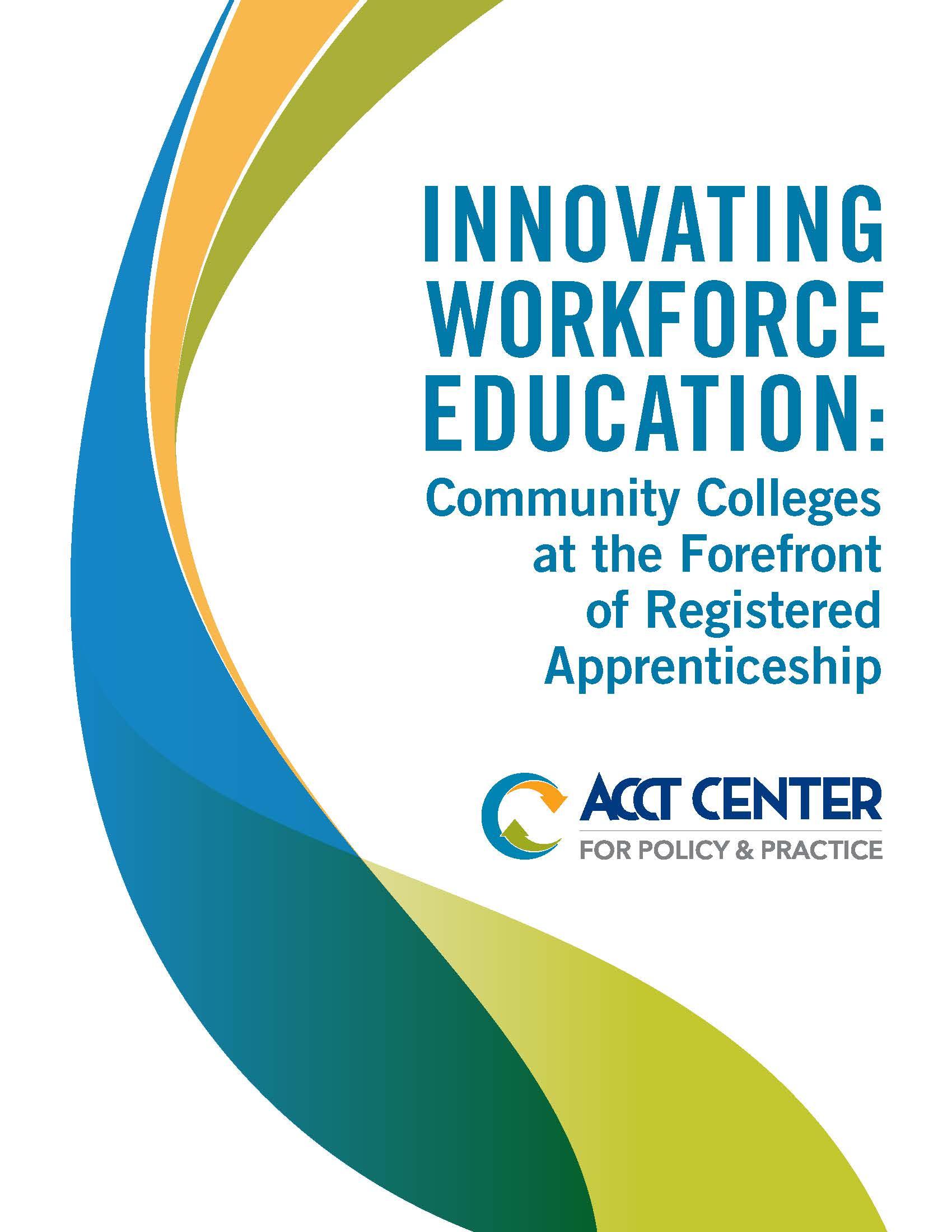Innovating Workforce Education: Community Colleges at the Forefront of Registered Apprenticeship explores Registered Apprenticeships in the United States, examining their increasing relevance to community colleges and the broader workforce development landscape. At its core, the apprenticeship model integrates paid employment with progressive learning, characterized by on-the-job training, classroom instruction, and mentorship, culminating in an industry recognized credential. This blend of practical and academic learning is pivotal for skill acquisition and provides a pathway to gainful employment.
The paper will emphasize the versatility of apprenticeships while clarifying misconceptions. Apprenticeships are not limited to pre-employment training or entry-level positions but encompass diverse career stages and occupational scopes. Additionally, apprenticeships are adaptable in instructional delivery and flexible learning, making them suitable for various learning styles and job roles. In exploring types of apprenticeships, the paper identifies time-based, competency-based, and hybrid models and explores efforts like pre-apprenticeship and youth apprenticeship.
Also, the paper closes by proposing future research and practice areas for ACCT, focusing on evaluating apprenticeship models, examining policy impacts, exploring digital learning’s role in related instruction, and analyzing the financial models linked to apprenticeship sustainability and expansion.

